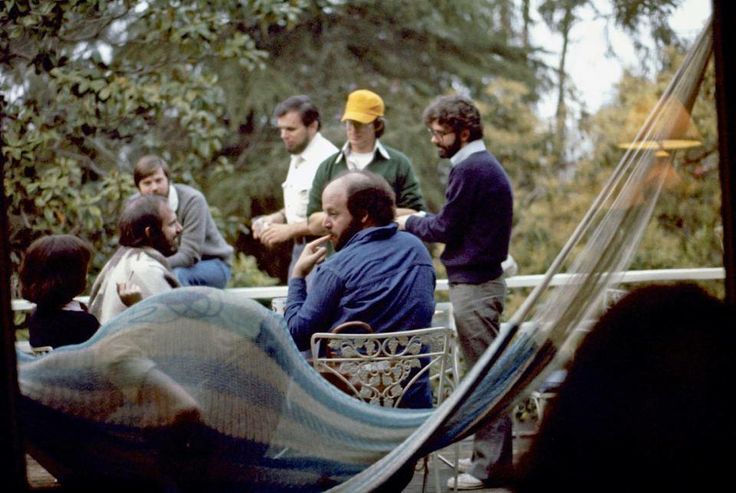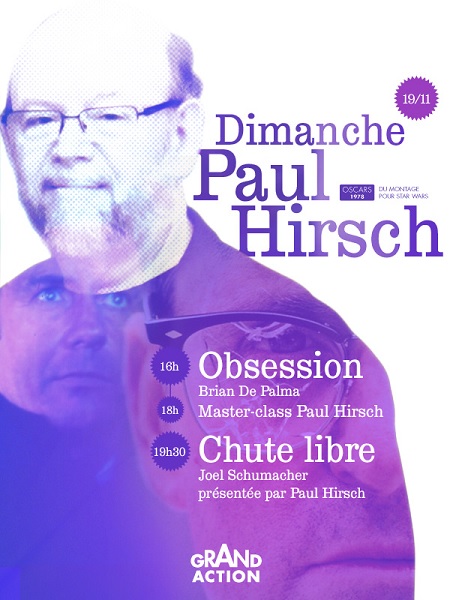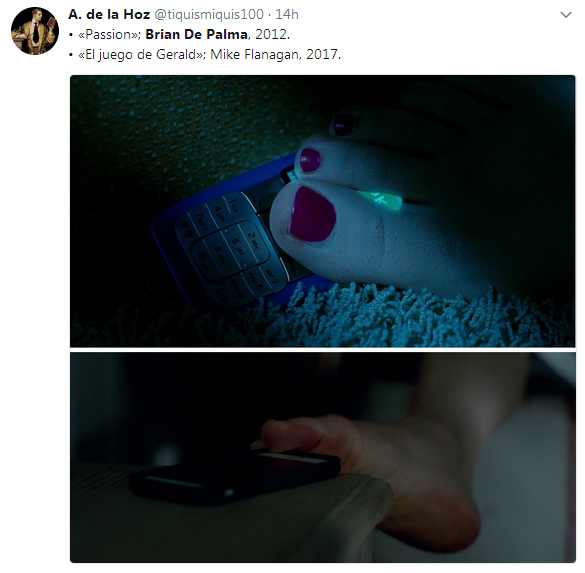'THE CASE OF THE BLOODY IRIS' & 'DRESSED TO KILL'
ELEVATOR SCENE IN ITALIAN GIALLO IS ECHOED & ENHANCED IN DE PALMA'S FILM
Thanks to Patrick for linking us to a recent
Cahiers du Cinéma "Des giallos à gogo" video posted on YouTube, featuring the opening scene from
Giuliano Carnimeo's
Perché quelle strane gocce di sangue sul corpo di Jennifer? (1972). Released internationally with the title
The Case of the Bloody Iris, the film opens with a shocking murder of a woman on an elevator. The woman's blond hair, and the close-up of her face and her terrified eyes watching a knife in the hand of the killer, bear such a striking resemblance to similar shots of
Angie Dickinson's elevator murder in
Brian De Palma's
Dressed To Kill, it seems apparent that De Palma must have seen Carnimeo's film sometime before storyboarding and filming this sequence. The killer raises the knife and then brings it down in a slashing motion across the woman's neck in very much the same way the killer does in De Palma's film. The people waiting outside the elevator until it arrives also reminds of
Nancy Allen's Liz and her client waiting obliviously for the elevator in
Dressed To Kill. In both cases, the female character who is first to see the victim in the elevator turns out to be a major character in the film, and the relative sequences serve as her introduction.
Yet the De Palma sequence also differs from Carnimeo's sequence in many ways. De Palma has added the Hitchcock touch of Liz witnessing the killer and then herself holding the bloody weapon, making her an immediate suspect. And he has mixed in several other elements: the meeting of the eyes between victim and witness, as one exits the film's narrative and the other takes it over; the deliberate echoes of Hitchcock's Psycho shower scene; the intercutting of Liz's conversation with her client and the horrible murder taking place in the elevator cabin while they wait (creating a dark comic irony); the entire movie leading up to Dickinson's Kate Miller getting on the elevator, feeling guilty about her one-night-stand, realizing she has left her wedding ring upstairs in the stranger's apartment, and being stared at by a young girl who seems to sense the woman's guilt.
In the earlier giallo, the victim is someone the viewer has never met before. In De Palma's film, the viewer has already become very intimately involved with the woman before she ever steps into that fateful elevator.







 Paul Hirsch, who has made 11 films with Brian De Palma, will present a Master Class at Cinéma Grand Action in Paris on Sunday, November 19th. The Master Class (at 6pm) will be preceeded by a screening of De Palma's Obsession (4pm), and the night will close out with a screening of Joel Schumacher's Falling Down (7:30pm).
Paul Hirsch, who has made 11 films with Brian De Palma, will present a Master Class at Cinéma Grand Action in Paris on Sunday, November 19th. The Master Class (at 6pm) will be preceeded by a screening of De Palma's Obsession (4pm), and the night will close out with a screening of Joel Schumacher's Falling Down (7:30pm).




